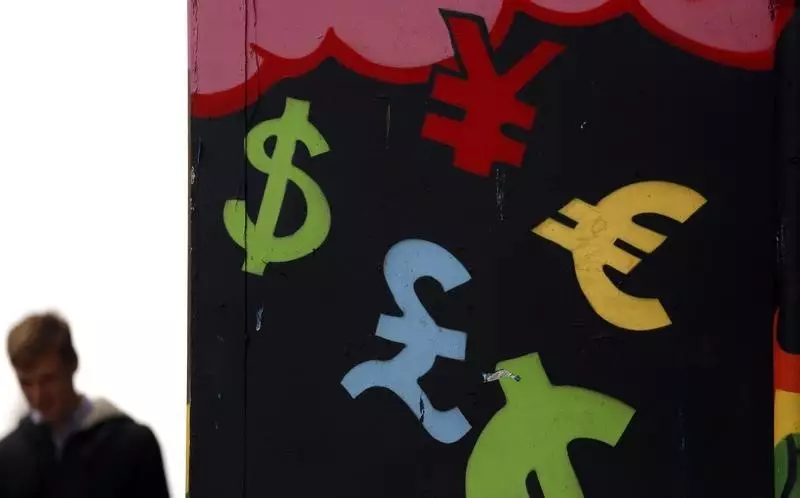The extradition of Do Kwon, co-founder of Terraform Labs, marks a significant moment in the cryptocurrency landscape as the U.S. courts prepare to hold him accountable for the collapse of the TerraUSD stablecoin. The events surrounding Kwon and TerraUSD, which saw its value plummet in May 2022, infiltrated various financial markets and obliterated an estimated $40 billion in investor funds. This incident emphasizes the urgent necessity for regulatory frameworks governing digital currencies, as numerous individuals and entities suffer from an ecosystem still grappling with integrity.
Kwon faces serious allegations of misleading investors regarding the stability of TerraUSD, a digital asset purported to maintain a constant value of $1. The U.S. Securities and Exchange Commission (SEC) has initiated legal action against him and Terraform Labs, escalating the stakes for the future of cryptocurrency regulation. Additionally, South Korean authorities are also pursuing Kwon, who was originally arrested in Montenegro while attempting to evade legal challenges. This interconnected network of international law underscores the complex nature of regulating a decentralized financial environment.
Montenegro’s extradition process reflects the rigorous legal actions that countries are willing to undertake when faced with global financial malfeasance. The Montenegrin Justice Minister, Bojan Bozovic, established that the legal criteria for Kwon’s extradition to the U.S. were predominantly satisfied. Although Kwon’s legal team attempted to block this extradition via appeal to the Constitutional Court, the decision underscores the prioritization of international collaboration when striving for accountability in financial matters.
The Aftermath of the TerraUSD Collapse
The collapse of the TerraUSD and its related cryptocurrency, Luna, revealed systemic vulnerabilities within the crypto market. Once hailed as innovative financial instruments, stablecoins are expected to stabilize price fluctuations typically associated with other cryptocurrencies. However, the failures exemplified by TerraUSD raise questions about the efficacy and reliability of such assets. This situation not only sends ripples throughout the industry but also sparks a broader discussion on how regulatory agencies should engage with the fast-evolving world of cryptocurrency.
Kwon’s extradition and the ongoing legal proceedings may serve as a catalyst for stricter regulations within the cryptocurrency sector. As investors reflect on their experiences amid the volatility, financial authorities worldwide may feel compelled to implement clearer guidelines to instill greater investor confidence. The Kwon case represents not just an individual story of alleged wrongdoing but also a clarion call for more substantial protections for those navigating the often-turbulent waters of digital finance.
While the extradition of Do Kwon signals a possible reckoning for past misdeeds in the cryptocurrency arena, it also highlights the paramount need for regulatory bodies to work urgently towards establishing a safe and transparent environment for investors. The outcomes of Kwon’s legal battles will surely resonate throughout the industry, potentially shaping the future of cryptocurrencies for years to come.

